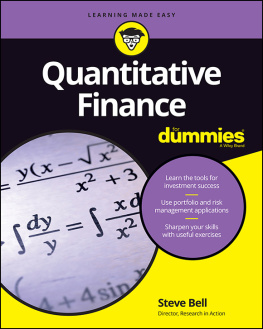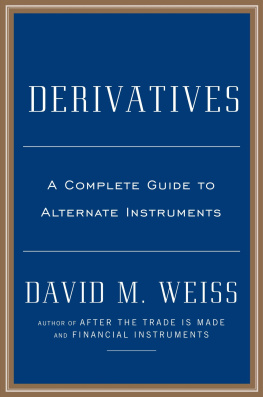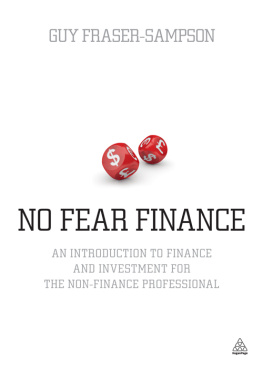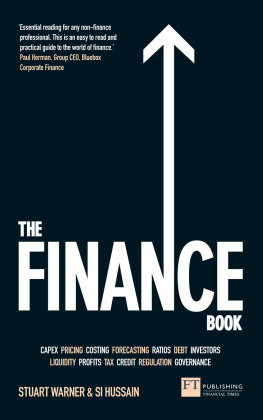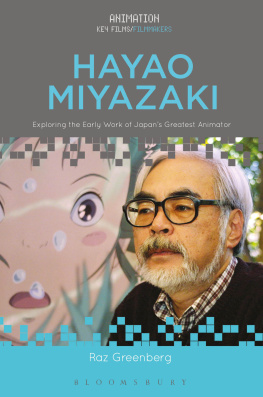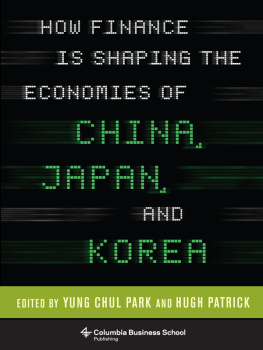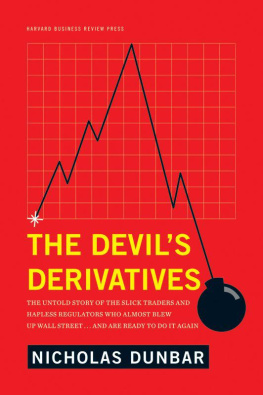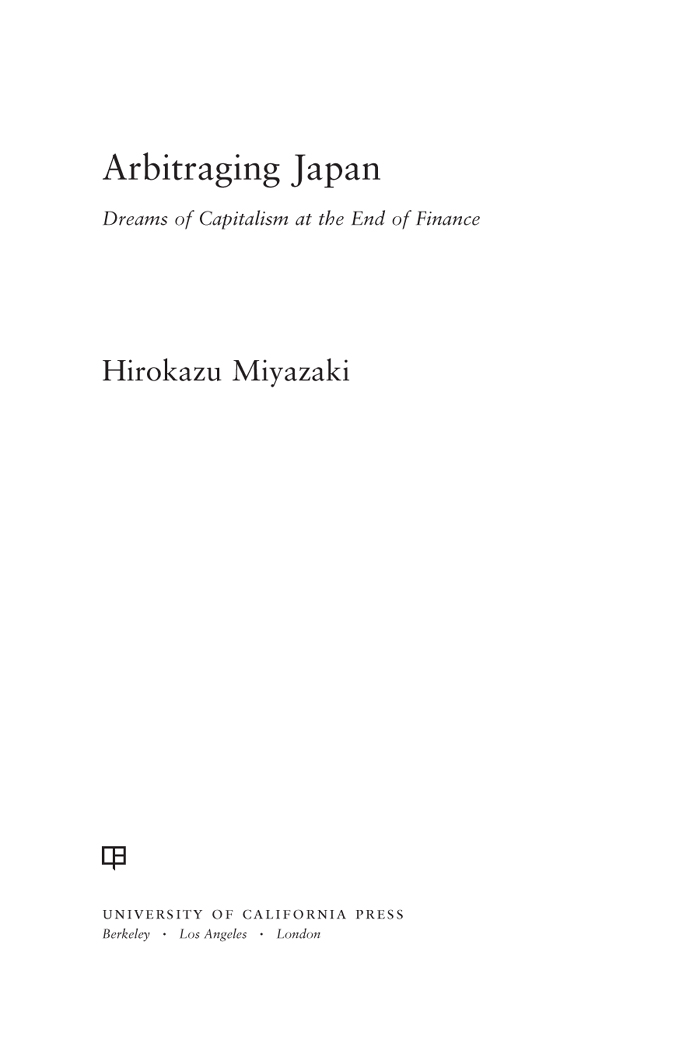Arbitraging Japan
Arbitraging Japan
Dreams of Capitalism at the End of Finance
Hirokazu Miyazaki

University of California Press, one of the most
distinguished university presses in the United States,
enriches lives around the world by advancing
scholarship in the humanities, social sciences, and
natural sciences. Its activities are supported by the UC
Press Foundation and by philanthropic contributions
from individuals and institutions. For more
information, visit www.ucpress.edu.
University of California Press
Berkeley and Los Angeles, California
University of California Press, Ltd.
London, England
2013 by The Regents of the University of California
Library of Congress Cataloging-in-Publication Data
Miyazaki, Hirokazu.
Arbitraging Japan : dreams of capitalism at the end
of finance / Hirokazu Miyazaki.
p. cm.
Includes bibliographical references and index.
ISBN 978-0-520-27347-4 (cloth : alk. paper)
ISBN 978-0-520-27348-1 (pbk. : alk. paper)
1. StockbrokersJapanCase studies.
2. Investment analysisJapanCase studies.
3. ArbitrageJapanCase studies. 4. Finance
JapanCase studies. I. Title.
HG5774.3.M59 2013
332.60952dc23
20120 27300
Manufactured in the United States of America
22 21 20 19 18 17 16 15 14 13
10 9 8 7 6 5 4 3 2 1
In keeping with a commitment to support
environmentally responsible and sustainable printing
practices, UC Press has printed this book on Rolland
Enviro100, a 100% post-consumer fiber paper that
is FSC certified, deinked, processed chlorine-free,
and manufactured with renewable biogas energy.
It is acid-free and EcoLogo certified.
For Annelise and Xavier
Contents
Acknowledgments
This book is based on longitudinal ethnographic field research among Japanese financial market professionals in Tokyo completed between 1998 and 2011. It seeks to recapture these professionals excitement about techniques of finance and the capacity of those techniques to transform economy and society. My research was assisted by a grant from the Abe Fellowship Program administered by the Social Science Research Council and the American Council of Learned Societies in cooperation with and with funds provided by the Japan Foundation Center for Global Partnership. The initial phases of the project were supported by the American Bar Foundation, and more recent research trips to Tokyo were made possible by research funds generously provided by Cornell University.
Special thanks are due to Jacquelyn Ball, Laura Cocora, Alexander Gordon, Davydd Greenwood, Vinny Ialenti, Annelise Riles, Jennifer Shannon, and Chika Watanabe for reading the entire manuscript and generously offering line-by-line comments. I also benefited a great deal from detailed comments on individual chapters provided by the following people: Tom Boellstorff, Walter Cohen, Tony Crook, Yuji Genda, Douglas Holmes, Naoki Kasuga, Webb Keane, Donald MacKenzie, Bill Maurer, Katrina Moore, Adam Reed, and Richard Swedberg.
Over the last ten years, I have presented versions of the argument I develop in this book at various seminar series, workshops, and conferences. I thank all who attended and commented on my presentations, especially Allison Alexy, Michael Allen, Anne Allison, Masahiko Aoki, Diane Austin-Broos, Frank Baldwin, Brett de Bary, Joo Biehl, Luc Boltanski, James Boon, John Borneman, Laura C. Brown, Timothy Choy, Jean Comaroff, John Comaroff, Veena Das, Elizabeth A. Davis, Brett de Bary, Joseph Dumit, Lieba Faier, James Faubion, James Ferguson, Paul Festa, Melissa Fisher, James J. Fox, Bryant Garth, Carol Greenhouse, Chris Gregory, Jane Guyer, Ghassan Hage, Koichi Hamada, Abdellah Hammoudi, William Hanks, Yonosuke Hara, Karen Ho, David Holmberg, Waheed Hussain, Miyako Inoue, Reginald Jackson, Casper Jensen, Jennifer Johnson-Hanks, Margaret Jolly, Mamoru Kaneko, William Kelly, Christopher Kelty, Shuhei Kimura, Sharon Kinsella, Karin Knorr-Cetina, Naveeda Khan, Junji Koizumi, Eisei Kurimoto, Benjamin Lee, Haiyan Lee, Vincent-Antonin Lpinay, Michael Lynch, Neil Maclean, Ramah Mckay, George Marcus, Francesca Merlan, Yuval Millo, Timothy Mitchell, Koji Miyazaki, Henrietta Moore, Atsuro Morita, Fabian Muniesa, Karen Nakamura, Victor Nee, Ryoko Nishii, Michio Nitta, Katsuro Niwa, Emiko Ohnuki-Tierney, Aihwa Ong, Takashi Osugi, Morten Pedersen, Trevor Pinch, Mary Poovey, Alex Preda, Michael Pryke, Nigel Rapport, Kathryn Robinson, Janet Roitman, Carolyn Rouse, Hugh Ruffles, Minako Sakai, Naoki Sakai, Steve Sangren, Ryan Sayer, Teruo Sekimoto, Michael Silverstein, Kenneth Singleton, David Slater, Rogers Smith, David Stark, Hirokazu Takizawa, Sachiko Tanuma, Philip Taylor, Nigel Thrift, Takuya Toda-Ozaki, Ikuya Tokoro, Matt Tomlinson, Greg Urban, Katherine Verdery, Jeff Weintraub, Kazuo Yamaguchi, Shinji Yamashita, Sylvia Yanagisako, Tomiko Yoda, and Alexei Yurchak.
A workshop organized for me in July 2010 by Naoki Kamiyama, then managing director and chief equity strategist at the Tokyo office of Deutsche Securities was also a valuable opportunity for me to present my work to financial market professionals.
Daisaku Yoshida, an editor for Chuokoron, a monthly Japanese opinion magazine, helped me present the core argument of the book in a two-part essay published in the February 2012 and March 2012 issues of the magazine. The process of writing this essay allowed me to sharpen my argument considerably.
The chairs of Cornell Universitys Department of Anthropology David Holmberg, Nerissa Russell, and Andrew Willfordand deans of Cornell Universitys College of Arts and Sciences have been generous in granting me extra funding and time away from teaching over the last ten years. I would not have been able to complete my field research and this book without their support.
I thank Stan Holwitz for taking interest in the project in the first place. Reed Malcolm patiently waited for the completion of my manuscript and sustained my work through his timely and generous intellectual interventions. I am profoundly indebted to Reed and two anonymous reviewers for their deep engagements with my ethnographic analysis. I have gained substantially from their penetrating comments, and I am very grateful for their generosity. At the final stage of the project, Emily Park made the manuscript significantly more readable. I cannot thank her enough for her careful and thoughtful work.
I thank all who have participated in my ethnographic research in Tokyo since 1998. I especially would like to thank those traders I call Aoki, Ibuka, Ishida, Koyama, Sasaki, Tada, and Tanaka for their patience, guidance, and friendship. Their continuous critiques of my writings about them have enriched my understanding of their lives and careers. I also thank Tokyo Stock Exchange officials, former Osaka Stock Exchange officials, and others who participated in my research for their time and generosity. Needless to say, views and opinions expressed in the book, and errors that may be found, are entirely mine.
I also would like to add a special note of thanks to my uncle, Takeji Yamashita, a retired securities analyst at a major Japanese securities firm who published Kabushikishijo no kagaku (The science of stock markets), an early Japanese effort to approach financial markets in scientific terms (Yamashita 1987). He introduced me to a number of securities industry insiders at the beginning of this research project.


